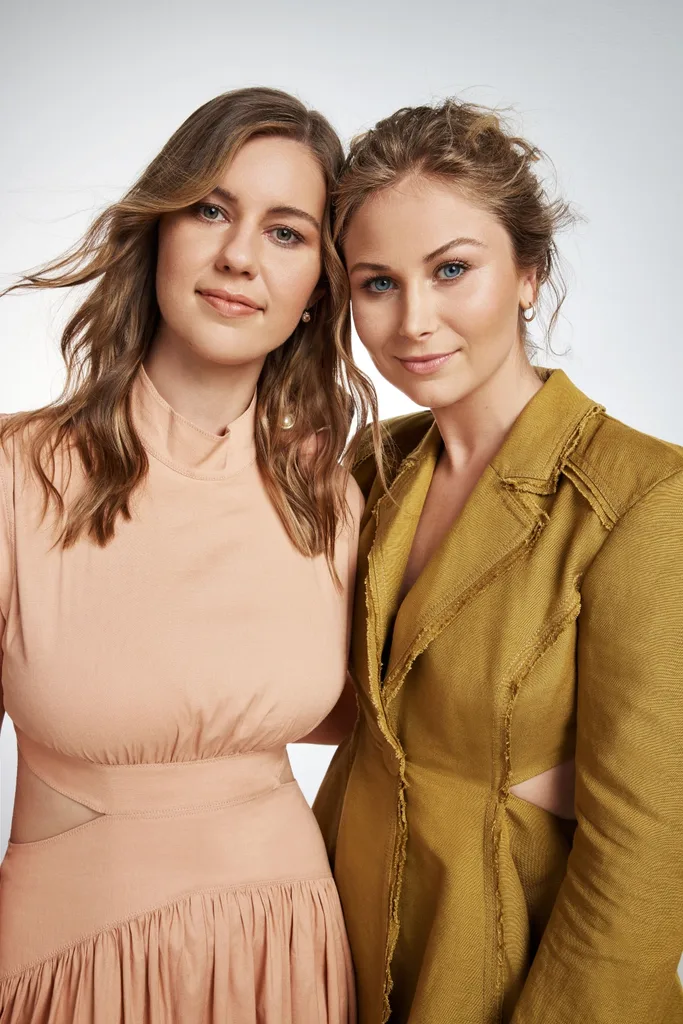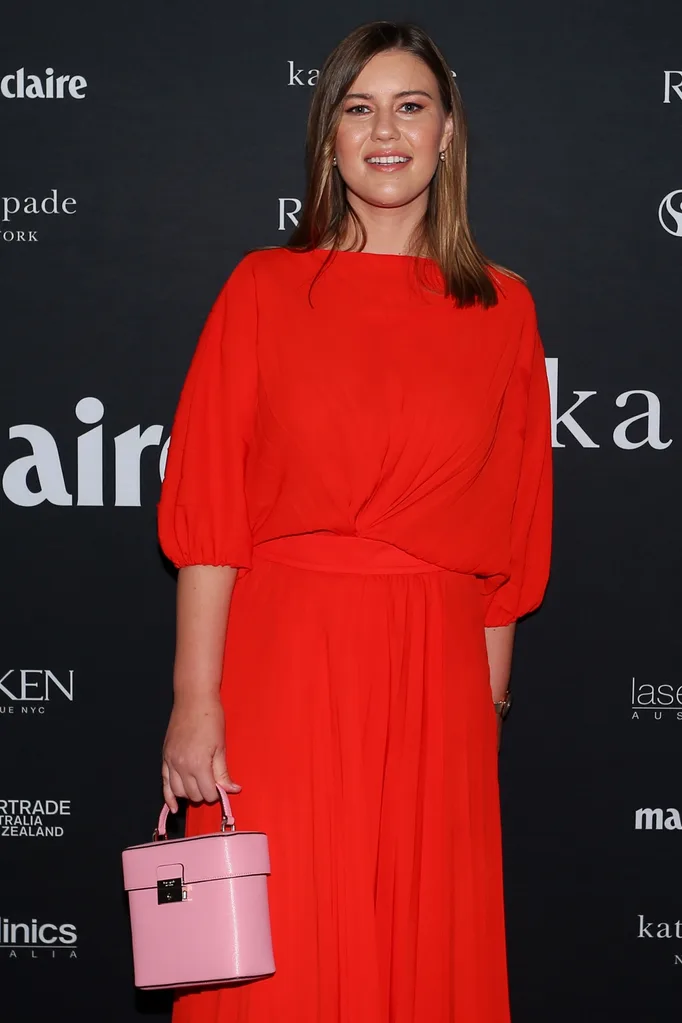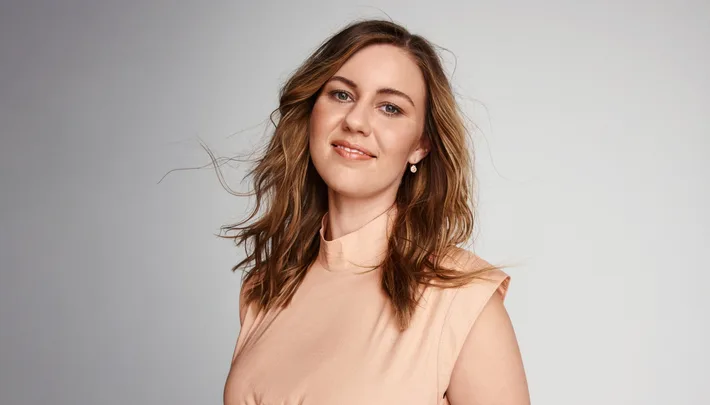The truth is: most women either have a story like mine or know somebody with a story like mine.
According to the Australian Bureau of Statistics, one in five Australian women over the age of 15 has experienced some form of sexual assault. If you are a woman of colour, those statistics are even higher.
In 2021, it was moving to see women and men from all backgrounds coming together across the nation, taking to the streets and demanding change when it came to sexual violence. March4Justice and the national conversation about general violence was cathartic and saw the culture of silence fall to the wayside with an outpouring of disclosures from women who finally felt heard.
While 2022 was a year fraught with change and challenge, we saw consent education receive record-breaking funding, state legislative changes to affirmative consent, stealthing criminalised in various jurisdictions and the passage of the Australian Human Rights Commission’s Respect@Work recommendations for improvements to workplace harassment legislation.

Inversely, the past year highlighted the costs associated with coming forward for victim-survivors. We’ve seen in various high-profile cases how defamation law, the justice system and media reporting can still operate in sexual harassment and sexual assault cases to silence victims on these issues.
We know the majority of women who have experience gendered violence do not report their allegations due to shame, victim blaming and fear. In Australia it’s estimated that only 14 per cent of sexual-violence victims report their assault to police. And the reality is that even when sexual assault is reported, prosecutions and convictions remain unconscionably low.
As human rights lawyer Jennifer Robinson says in her book (with Keina Yoshida), How Many More Women?, when the justice system so often fails survivors, speaking out seems like the only viable option. I’m a big believer in the old adage “a burden shared is a burden lessened.” Women want to tell their story to protect others, to stop gendered violence and in turn find a sense of community and support.

After a high-profile criminal trial in which I was a witness fell apart due to juror misconduct, I was emotionally in a hole. It had been six weeks of hell. During this period, I couldn’t go online or pick up a newspaper without seeing the most intimate details of the worst time in my life being scrutinised and questioned by strangers.
Ultimately, I had to reach out for professional help because it had all become too much. The Global Institute for Women’s Leadership and a good friend of mine, author Ginger Gorman, put the call out online asking women if they’d like to send a message of support. I’m told Ginger expected a few letters of solidarity but by Christmas Day this had spiralled, and boxes upon boxes of letters started arriving at my house.
Letters penned by women and men from across the country, all sharing their stories and sending solidarity. These letters saved me. It was a turning point and the catalyst for deciding the path I need to take next.
As a result, I enrolled to study my Juris Doctor for the simple reason that I want to spend the rest of my life helping others navigate this fraught and imperfect justice process. Throughout the past few years I’ve been the beneficiary of the legal expertise of so many incredible people. It’s my intention to spend a lifetime paying it forward.
This story originally appeared in the march issue of Marie Claire Australia.










